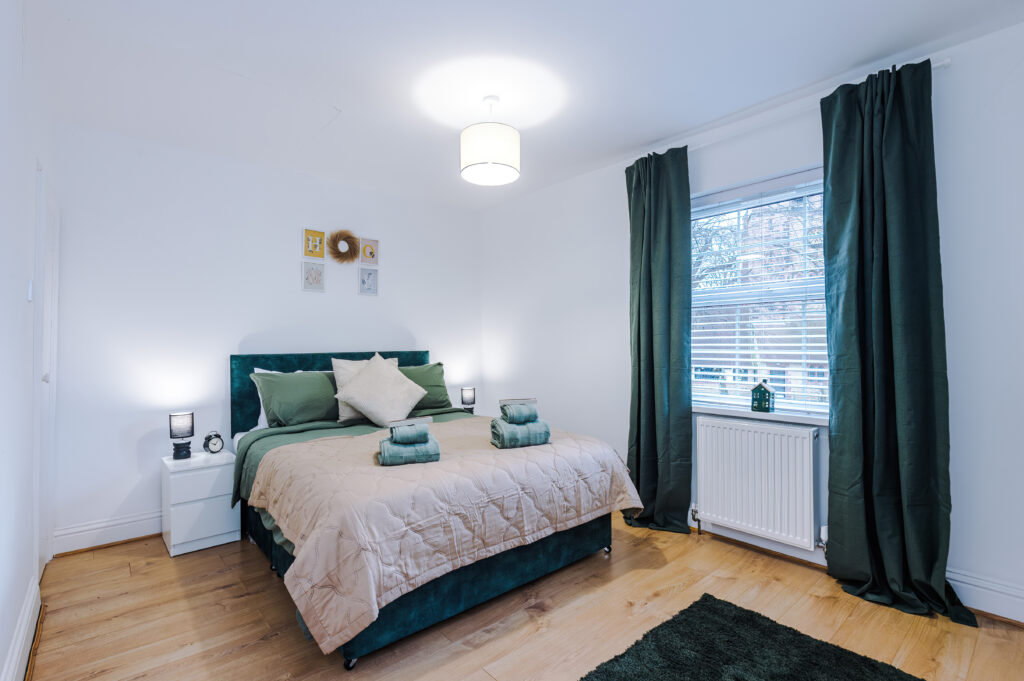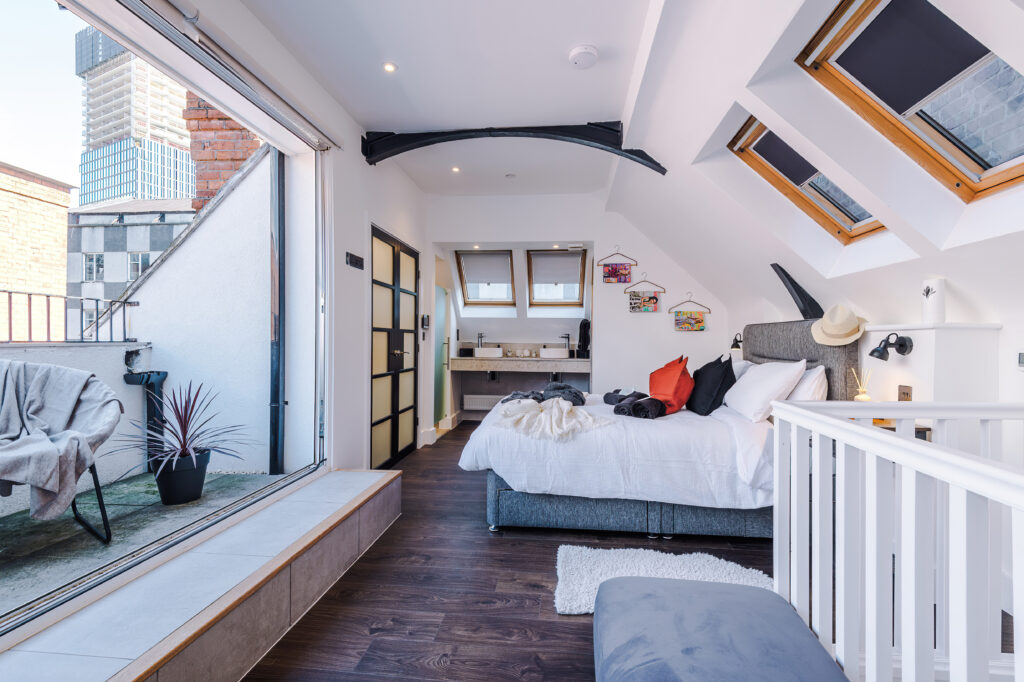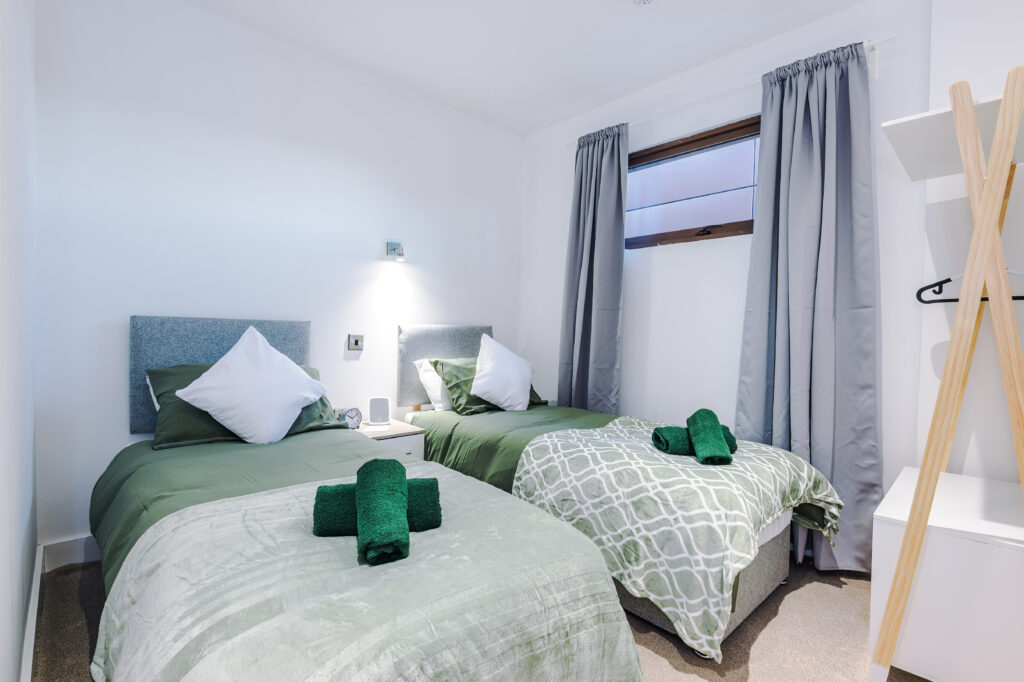Introduction
Serviced accommodation is a growing trend in the UK property market, offering flexibility and high yields for landlords. However, operating a serviced accommodation property comes with responsibilities, particularly around adhering to rules and regulations. This blog post explores the key legal and regulatory considerations for landlords and property managers involved in serviced accommodation in the UK.
1. Planning Permissions
In the UK, the use of residential properties for serviced accommodation may require specific planning permissions. Local councils may treat serviced accommodation as a “change of use” from a standard residential property (Class C3) to a commercial property (Class C1). It’s essential to check with your local authority to ensure compliance, particularly if you’re operating in areas with high tourism demand like London or Manchester.
2. Health and Safety Regulations
Landlords must comply with stringent health and safety standards to ensure the safety of their guests. Key requirements include:
- Fire Safety: Install smoke alarms, fire extinguishers, and clear fire escape routes. Conduct regular risk assessments.
- Gas and Electrical Safety: Ensure annual gas safety checks by a certified engineer and maintain up-to-date electrical safety certificates.
- Furniture and Furnishings: All furniture must meet fire safety standards under the Furniture and Furnishings (Fire Safety) Regulations 1988.
3. Licensing Requirements
Some areas in the UK require landlords to obtain specific licenses to operate serviced accommodation. For example, in London, properties cannot be rented out for more than 90 days per calendar year without additional permissions. Always check your local council’s licensing requirements to avoid fines or legal complications.
4. Tax Implications
Operating serviced accommodation comes with specific tax considerations, including:
- Business Rates: Depending on how your property is used, you may need to pay business rates instead of council tax.
- VAT Registration: If your income exceeds £85,000 annually, VAT registration is mandatory.
- Income Tax: Rental income must be declared to HMRC as part of your self-assessment tax return.
5. Insurance for Serviced Accommodation
Standard landlord insurance policies may not cover serviced accommodation. You’ll need specialist insurance that includes public liability, employer liability (if you employ staff), and coverage for short-term lets. This protects you against claims from guests and ensures your property is adequately insured for its use.
6. Noise and Anti-Social Behaviour Rules
To avoid issues with neighbors and local councils, landlords must ensure that their guests comply with noise regulations and avoid anti-social behaviour. Clear house rules and effective communication with guests can help mitigate these risks.
7. Data Protection (GDPR)
If you’re collecting guest information, you must comply with the UK General Data Protection Regulation (GDPR). This involves storing personal data securely and only using it for legitimate purposes, such as booking and communication.
Conclusion
Understanding and adhering to the rules and regulations surrounding serviced accommodation in the UK is crucial for landlords and property managers. Compliance not only ensures a smooth operation but also protects your property and reputation. Whether you’re new to the market or looking to optimise your current setup, staying informed about legal requirements is the key to success.






